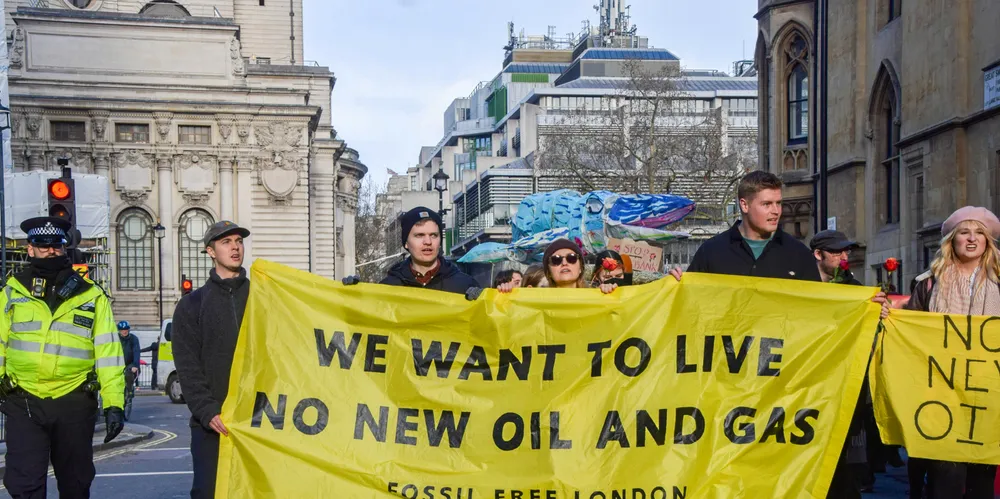'Greenwash' | Climate group slams Scotland's offshore wind-to-oil push as 'tinkering with emissions'
INTOG leasing round that aims for 'greener' offshore fossil production doesn't tackle root cause of North Sea emissions says Friends of the Earth Scotland
